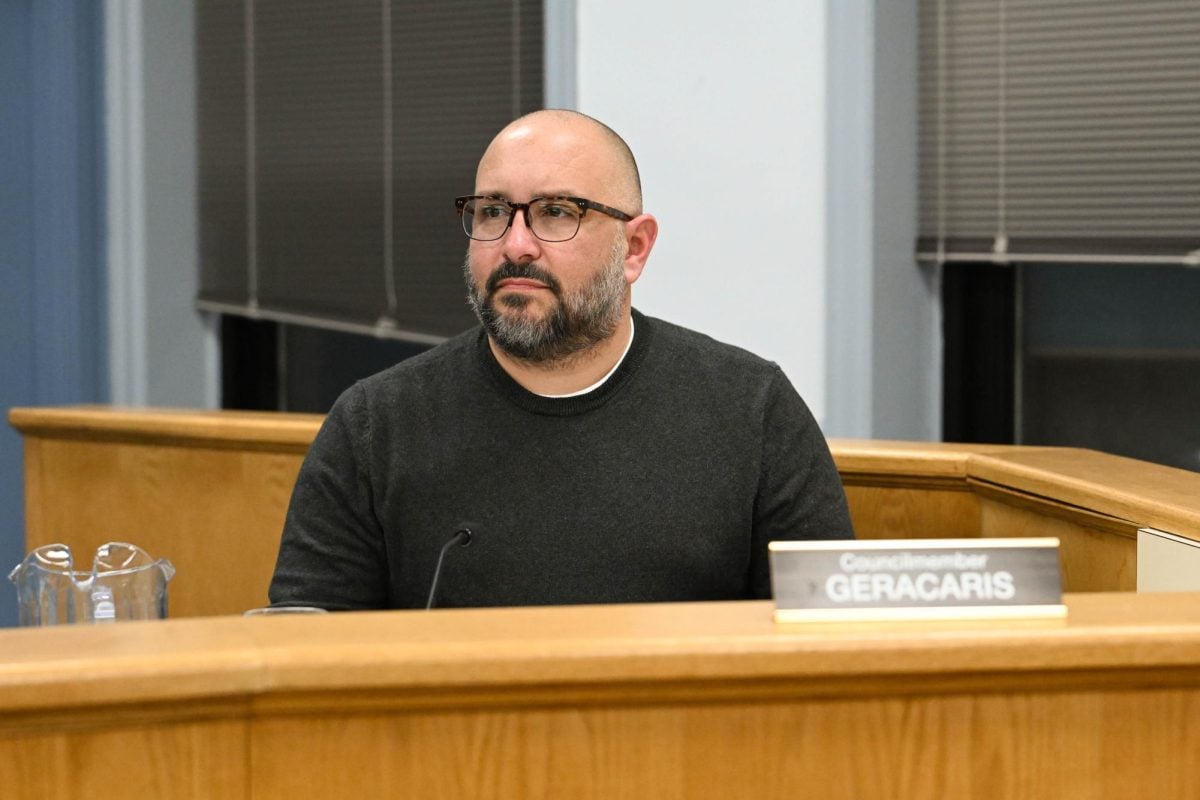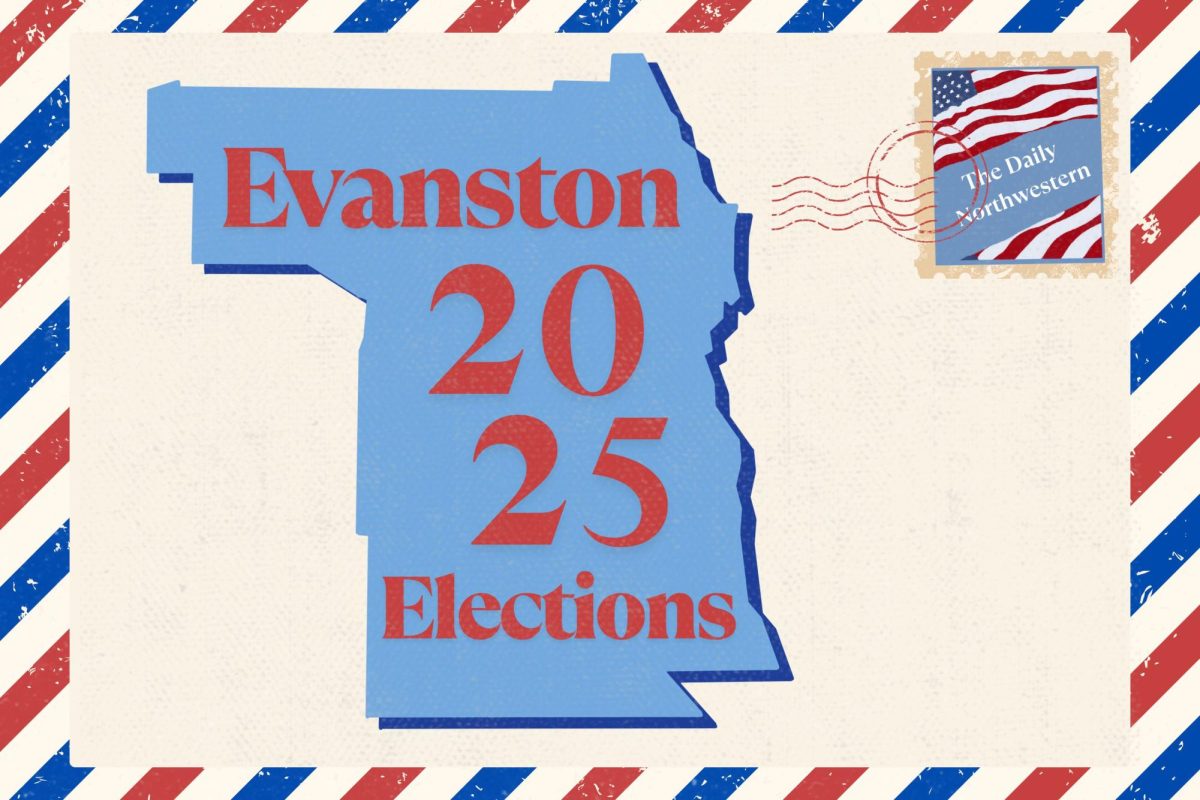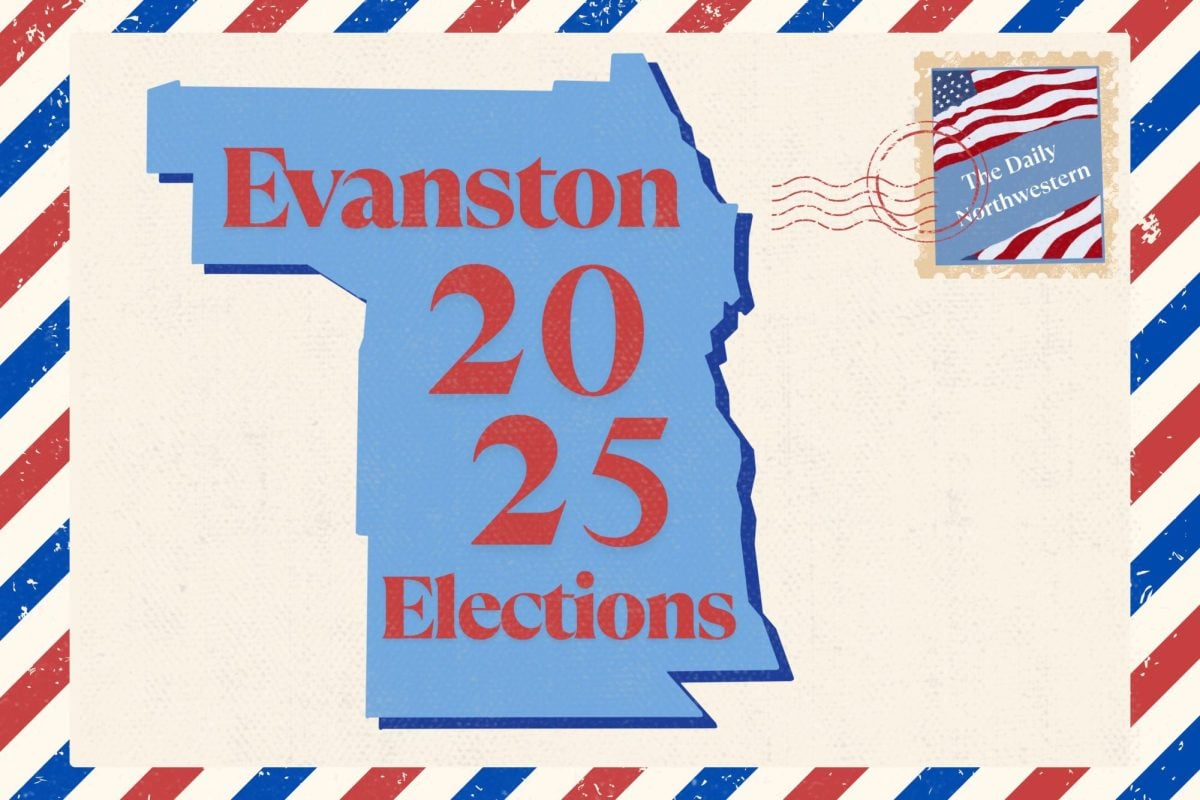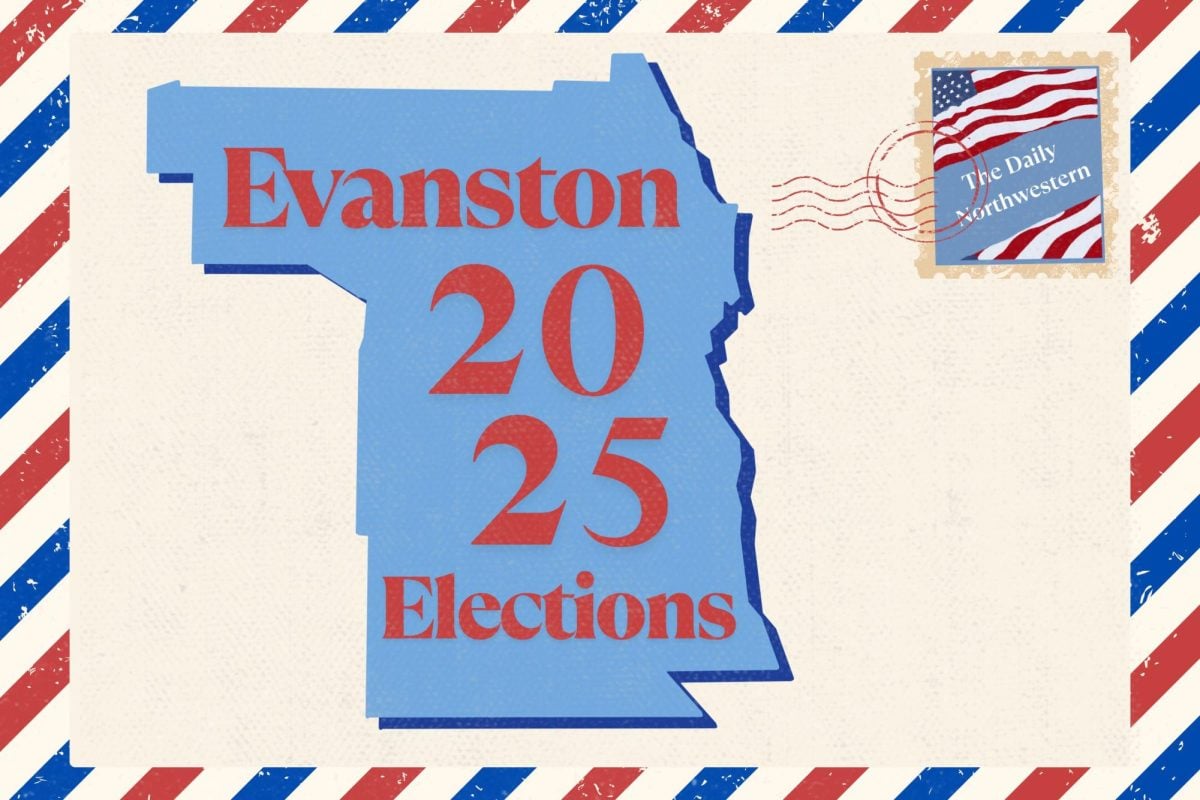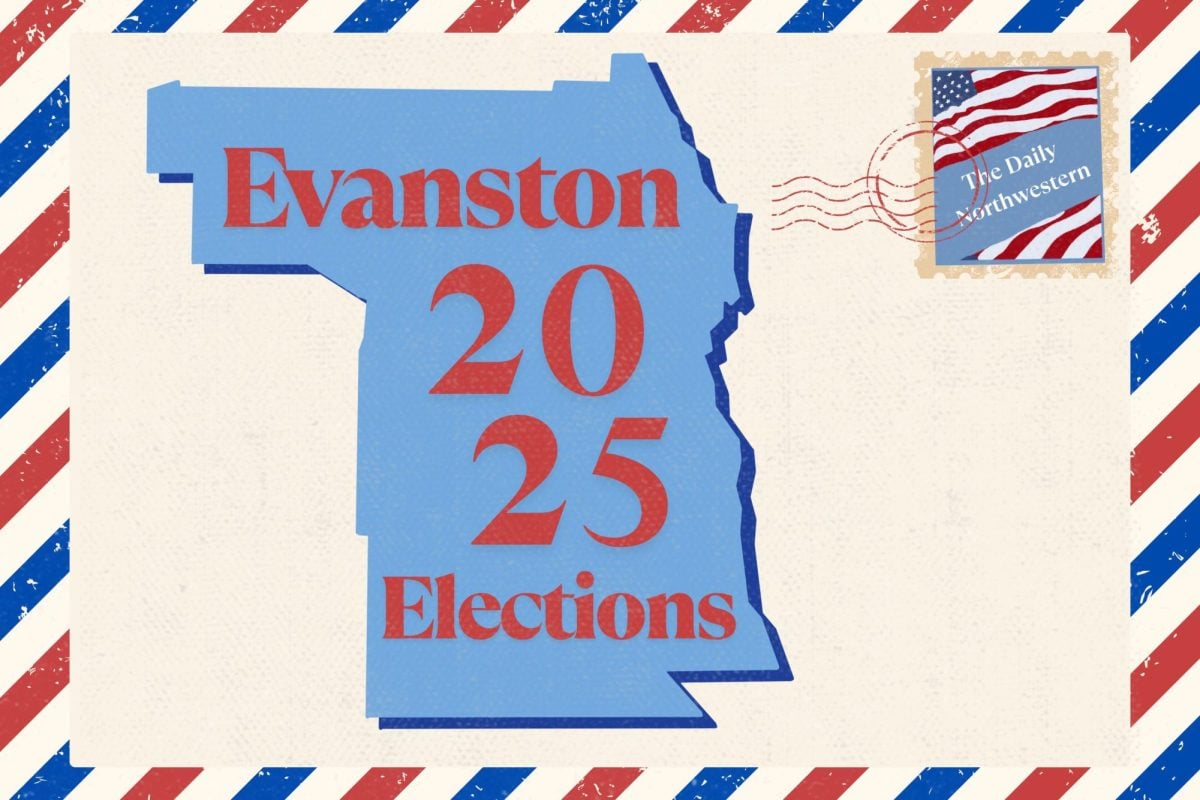Bookends & Beginnings hosted history teacher and author Michael Soffer Wednesday evening to speak about his new book, “Our Nazi: An American Suburb’s Encounter with Evil,” which recounts the discovery of a former Nazi guard working as a high school janitor in the 1980s Chicago suburbs.
Rachelle Gold, president of the Chicago Jewish Historical Society, opened the event and introduced the speakers, CJHS board member Joel Rubin and Soffer. Rubin provided context for what came to be known as the “Kulle Affair.”
Reinhold Kulle joined Hitler Youth when he was 15 and the Waffen-SS at 19. In June of 1941, he was assigned to SS Death’s Head battalion at the Gross-Rosen slave labor concentration camp in Silesia, where the average lifespan was three to four weeks.
In the ’50s, Kulle allegedly lied on his visa application and moved his family to Oak Park, Ill., where he was hired as a janitor at Oak Park and River Forest High School. After working as a model employee for nearly 30 years at the high school, Kulle’s secret came out — and the community stood behind him.
“Our narrative has always been that we had this heroic victory against the Nazis,” said Soffer, who graduated from OPRFHS in 2003 and later taught there for 17 years. “The truth is that World War II was not always super popular. It was largely opposed, and afterwards, we kept our doors explicitly and purposefully closed to Jewish immigrants, while opening them to Nazis.”
Soffer started a Holocaust studies class in 2020 at OPRFHS as a response to antisemitic hate crimes at the school. At the end of each lesson, he would tell a story about either survivors or Kulle, so the students could see them side by side. The students asked why people defended him, Soffer said, so together they looked through local newspapers and talked to community members.
With their search came unsettling forewarnings. In his personnel file, there was a statement from a colleague Kulle had been in an altercation with that stated, “We’re misusing Reinhold. If we ever need security at the high school, there’s no one more capable.”
A local newspaper wrote that Kulle was always “standing guard” at high school events and that he “didn’t like to learn names because it made discipline more difficult.” Janitors shouldn’t be thinking it’s their role to discipline kids, Soffer said.
Soffer reached out to some of Kulle’s friends — people who had actively defended him during the Kulle Affair. One refused to talk, saying he didn’t want to be portrayed as a Nazi sympathizer, Soffer said.
One woman did speak with Soffer but paused during the interview to say, “You know, the real problem with this case was you Jews and your self-righteousness,” he said.
Two Jewish women in Oak Park, RaeLynne Toperoff and Rima Lunin Schultz, were vilified for pushing to have Kulle removed from their children’s school, even as they advocated for him to receive paid leave during his deposition, Soffer said.
Antisemitic letters were sent to the school board, requesting that Kulle remain employed, Soffer said. Kulle’s son wrote that Jews “need to give the Holocaust some rest” and that if only they “would live exemplary lives (he) could perhaps be a bit more sympathetic.”
One stated that a “small minority (was) acting immorally, ungodly and un-American, trying to force their selfish, narrow-pointed opinions on the rest of the community.” It said Kulle had been unfairly judged because he had joined an organization 45 years ago when he was barely an adult. This was the general argument for Kulle’s defense.
“We’re telling kids that what they do at 16 or 17 matters, but what he did at 19 doesn’t?” Soffer asked.
Kulle immediately admitted that he had been a part of the SS when it came out but claimed that he had never hurt or seen any prisoners. On a separate occasion, he said he used to bring prisoners gifts, contradicting himself, Soffer said.
Kulle had argued that he was just a perimeter guard, so he didn’t do anything wrong. Perimeter guards were legally required to shoot anybody who tried to escape, Soffer said.
In an interview with the school board during the Kulle Affair, he was asked how he was feeling. He said, “I feel bad, really bad. I just wish we had won the war.” Later, when asked if he had ever committed murder, he replied, “I don’t remember.”
“To me, the most chilling thing is the idea that somebody who could do such evil for so long could just slip seamlessly into an ordinary suburban life,” Soffer said.
Ultimately, Kulle was deported back to Germany after a 1987 decision by the 7th U.S. Circuit Court of Appeals.
Soffer left OPRFHS last school year due to continued antisemitism, he said.
It’s a weird time to be writing about Nazis and antisemitism, Soffer said. The Holocaust isn’t in living memory in the same way anymore, he added.
“I hope this is a reminder of what we’ve been through, but it’s also a story of heroism and rising back. Rima and RaeLynne, they bring the community to live up to its values,” Soffer said. “So to me, it’s also a story of resilience.”
Email: naomitaxay@u.northwestern.edu
X: @NaomiTaxay
Related Stories:
— Old Bookends, New Beginnings: Beloved Evanston bookstore introduces Middles
— Northwestern responds to House committee antisemitism report
— Prof. Arionne Nettles’ book talk offers Black Chicagoans history, community

